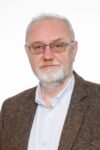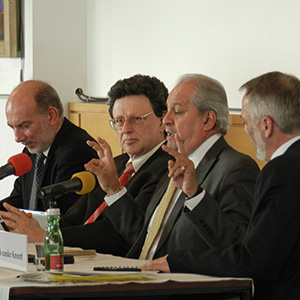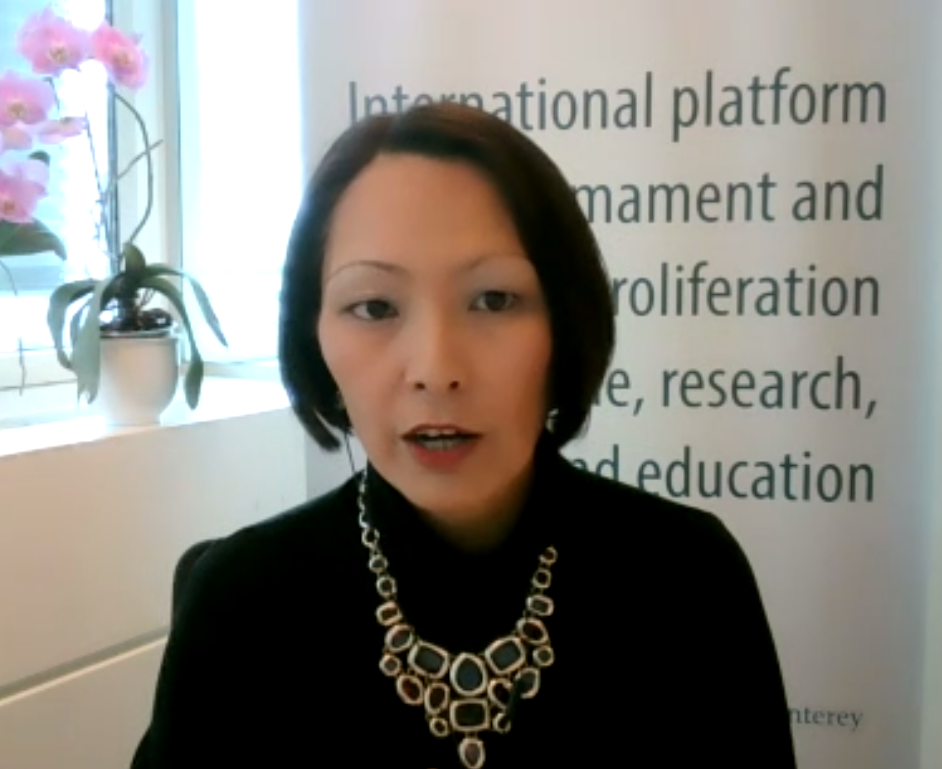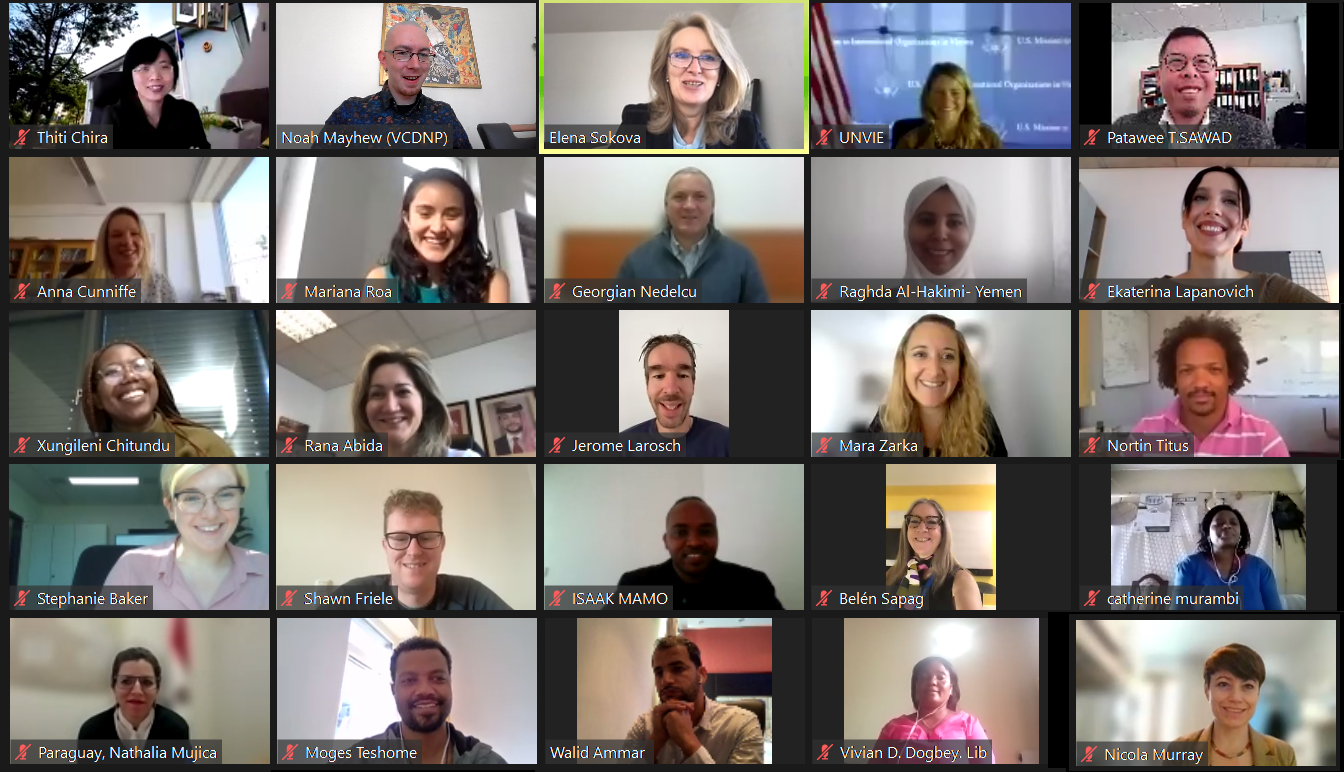
On 27 September to 1 October 2021, the VCDNP held its twenty-second intensive short course on nuclear non-proliferation and disarmament for diplomats and practitioners drawn from different countries and with diverse backgrounds. The course was held in a virtual format, whereby 30 participants from governmental institutions, embassies, permanent missions and UN services, representing 26 countries were admitted to the cohort. Women constituted 53 percent of the course participants.
The week-long course covered diverse topics within the purview of non-proliferation and disarmament, including but not limited to, nuclear energy and the fuel cycle, the International Atomic Energy Agency (IAEA) and the safeguards regime, the Treaty on the Non-Proliferation of Nuclear Weapons (NPT) and its review process, the Comprehensive Nuclear-Test-Ban Treaty (CTBT), the current dynamics and the future of arms control, norms of international humanitarian law and the humanitarian consequences of nuclear weapons, the Treaty on the Prohibition of Nuclear Weapons (TPNW), nuclear security and peaceful uses of nuclear technologies. The course also examined the history and status of the Democratic People’s Republic of Korea and Iran nuclear programmes. The lecturers used Mentimeter polls to facilitate communication in the virtual environment. In addition, the course also featured interactive sessions such as a quiz game, small group conversations, socials, and panel discussions.
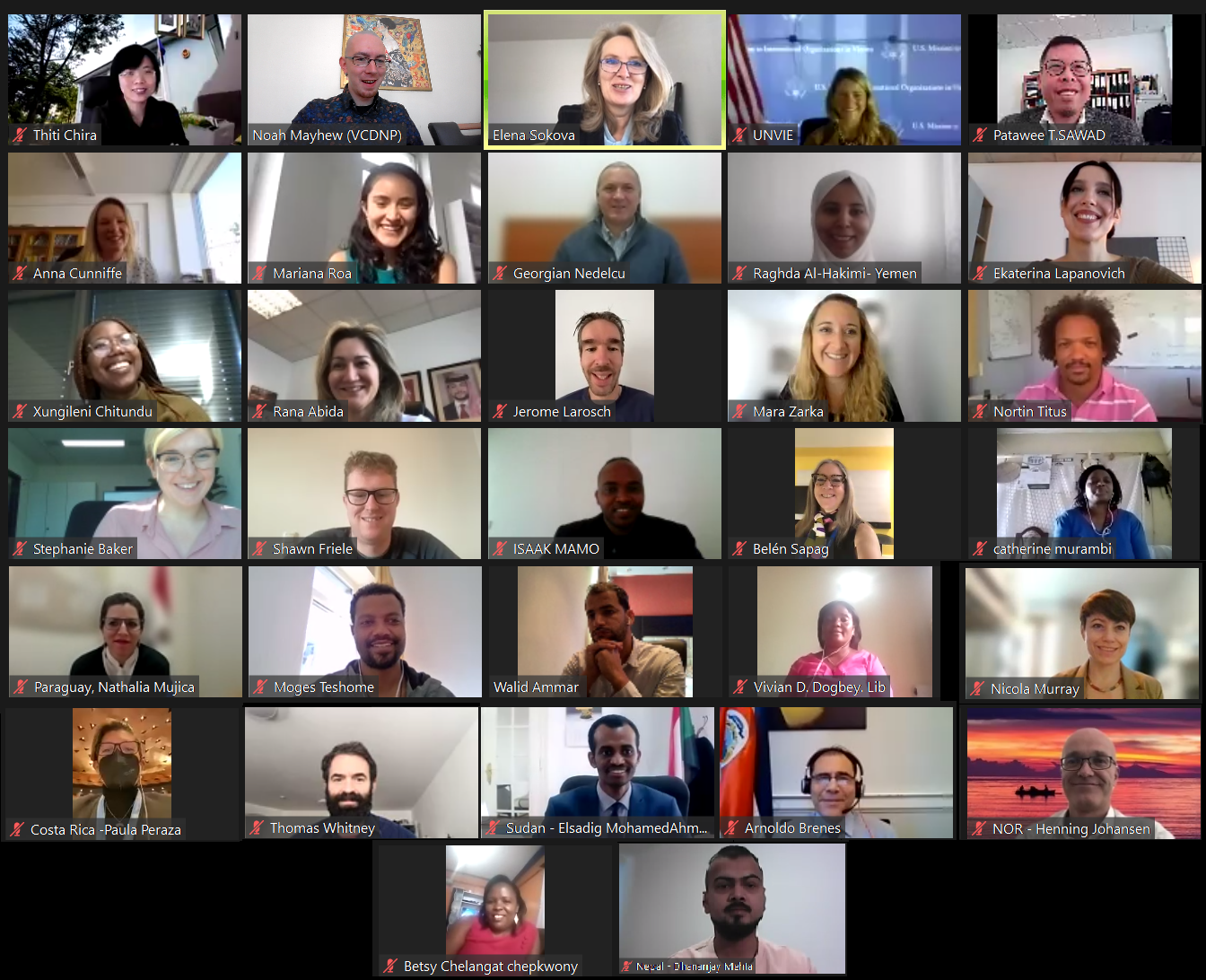
Throughout the course, experts from international organisations, academic institutions, and think thanks shared their extensive experience and knowledge in the field of nuclear non-proliferation and disarmament with the participants of the course. Among others, Dr. Sibylle Bauer (SIPRI), Dr. Mohammad Daryaei (CTBTO), Eirini Giorgou (ICRC), Dr. Matthew Harries (RUSI), Dr. Marc Humphrey (IAEA), Tariq Rauf (former IAEA), Laura Rockwood (Open Nuclear Network) and Dr. Kerrin Swan (IAEA) were notable experts who gave lectures and shared their views.
The course also featured speakers from the VCDNP, namely, Ingrid Kirsten, Noah Mayhew, Dr. Hanna Notte, Dr. Nikolai Sokov and Elena Sokova.
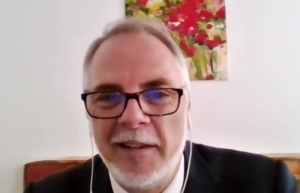
The participants were also given the opportunity to engage in a timely conversation with Ambassador Alexander Kmentt, one of the architects of the TPNW and the president-designate of the first meeting of States Parties to be held in March 2022. Ambassador Kmentt shared his expectations for the upcoming meeting as well as his experience and views on the interrelationship between the TPNW and other nuclear non-proliferation instruments.
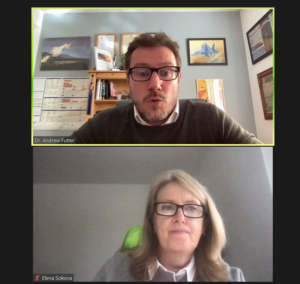
Moreover, the participants benefited from the first session of the VCDNP webinar series on Deterrence and Emerging Technologies (DET), which was delivered by Dr. Andrew Futter from the University of Leicester, who discussed the impact of emerging technologies on deterrence stability and the future of arms control. In particular, he highlighted the changing nature of deterrence in part resulting from the rise in new technologies and the increased role of conventional assets.
During the course, one session was dedicated to meeting alumni from previous courses to learn about their experience in the field while also facilitating the opportunity for participants to network. In particular, the invited alumni shared how they applied the knowledge and skills gained from the short course in their day-to-day work and provided important tips on how to navigate nuclear non-proliferation, disarmament, and arms control negotiations and meetings in the multilateral settings.
After completion of the course, participants were asked to evaluate the programme and provide their feedback on the content and structure of the course through an anonymous questionnaire. Overall, 91.6 percent of the participants evaluated the course as very important and empowering (rating the course as excellent or very good) and suggested others to take it. The following are some comments provided by the participants, as directly quoted:
“I think the course is well structured and covers the right topics for us to end with a comprehensive understanding of the issues. I particularly liked how it begins with the basics of nuclear fission and weapons, before entering into the legal regime and current issues.”
***
“The combination of scientific, historical, and political aspects of the issues is unmatched. It not only provided invaluable insights but also made the training very enjoyable.”
***
“This course is of an important value for professional development and responsibilities as it sheds light on all important matters related to non-proliferation and disarmament.”
***
“It is well conceived; the lectures were outstanding and the subjects very relevant’’
***
“I would recommend this course to others. I see particular benefits for those who are relatively new to this fields as it was a very comprehensive, easy to understand and well thought out journey”
The VCDNP would like to seize this opportunity to extend its thanks to the Government of Norway and the Carnegie Corporation of New York for their generous support of its capacity-building and training activities.

